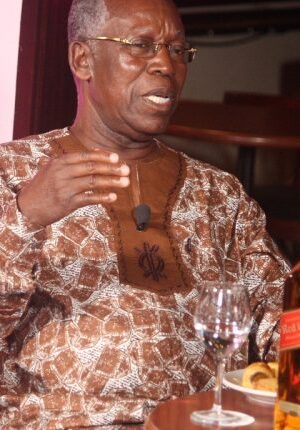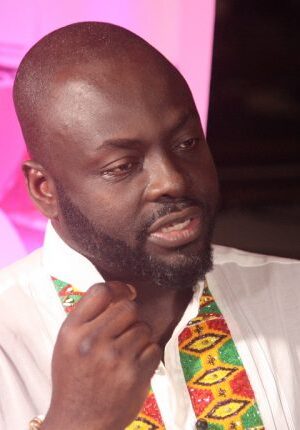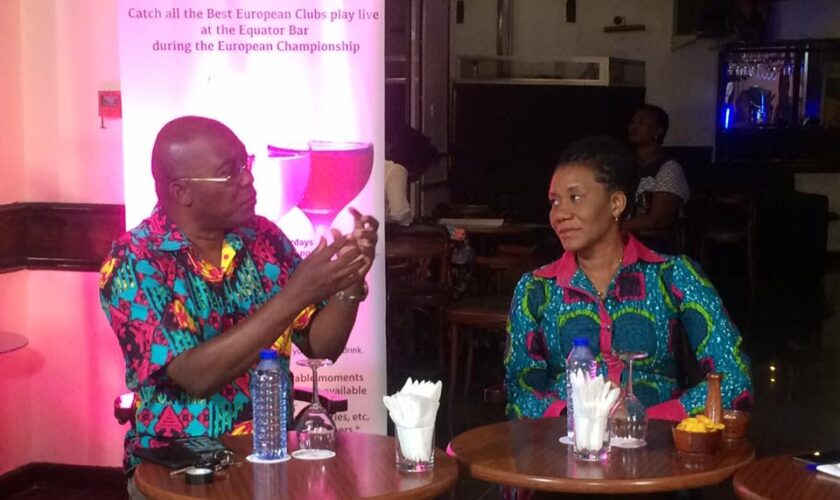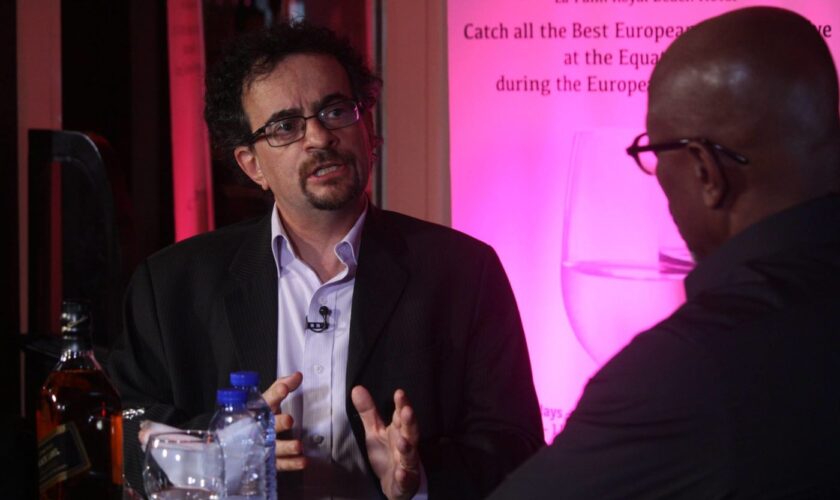The Head of the National Population Council, Dr. Leticia Appiah has charged government to prioritize population management if it wants to see remarkable growth in the nation’s economy.
According to her, although government is instituting social intervention programmes such as the one-factory, one-district programme, and the school feeding programme, attention should be shifted to controlling the numbers.
“We should be looking at the supply side of the population and not only the demand side…population growth is key to national development,” she told the host of The Lounge, Kwaku Sakyi-Addo last Friday.
Dr. Appiah pointed out that uncontrolled population growth increases government spending, affects quality of life of citizens, as well as the environment.
She said just as families in Accra with fewer children are able to support other relatives with 1o and eight children in the village, it is the same way the West are able to give financial aid to African countries because they have effectively controlled their population growth rate.
“In the 60s when we were struggling with population growth, the West were also struggling but now they give us money because they can save…Mauritius was the first African country to have a population policy in 1958. Their population was 700,000. In 2015, their population is just 1.3 million. Slow growth rate translates to better economy,” Dr. Appiah explained.
Social Marketing Consultant and Population Evangelist, Alex Banful revealed that Ghana has a population management strategy but is not being implemented.
“There is a population management strategy but if you take a look at the 40-year plan developed by the National Development Planning Commission (NDPC), it talks about what will be driving the plan but nowhere is population mentioned. We’ve already lost the battle before we start,” he said.
The Solution
Dr. Appiah advocated for family planning to be put on the same pedestal as immunization by making it easily accessible, affordable and available.
“My village has immunization centers and the women know when the public health nurses will come for immunization and that is how accessible I would want family planning to be – mobile family planning clinics with a schedule,” she recommended.
She again charged the media to help the cause by “talking about the advantages and the beauty of manageable family size. We have to make it enticing and appealing to the population.”
Mr. Manful on his part advised that religious leaders should also be roped in to help because they are very influential.
“In every district, there are more churches than schools. People get up every Sunday, go and sit in front of the clergy and say talk to me so they are an important constituency whom we need to rope in,” he said.
Source: Starrfmonline.com







